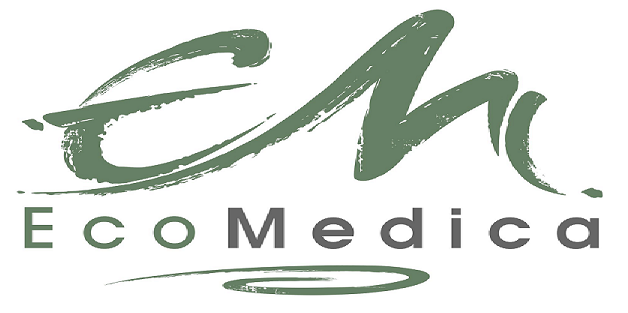Recommendations for Infected Patients with Tick-Borne Disease
- DO NOT donate blood. You have been infected with a bacteria that can live in the blood, and therefore can be passed onto someone else.
- Carry a card in your wallet indicating that you have Lyme Disease (and co-infections if applicable) and the drugs that you are taking. This is important to alert health professionals in the case of an accident.
- If you have having elective surgery, let your surgeon(s) know so that they can be aware. If you need blood, I would suggest auto-transfusion (you receive your own blood for a transfusion, instead of a separate donor) if necessary.
- DO NOT have unprotected sex with your partner. These infections are thought to be sexually transmitted. Although there is little data to support this, we do know that syphilis is sexually transmitted, and therefore by deduction, Borrelia and the other tick-borne infections are likely as well.
- If you are pregnant with Lyme Disease, you SHOULD be on safe antibiotics throughout the pregnancy in order to protect the developing fetus from contracting the disease.
- At birth, have the newborn tested for Lyme Disease through cord blood, placenta, and foreskin if the baby is a boy. Three samples of cord blood are suggested. Ask for a test kit to be sent to you prior through Igenex (800) 832-3200.
- If your infant tests PCR positive for Lyme Disease, you should consider antibiotics in order to prevent the development of full blown disease.
- Nursing mothers SHOULD use caution. Lyme Disease is known to be transmitted through breast milk, and therefore, antibiotics during the nursing period is highly recommended.
- If you are an outdoors person, it is highly recommended that you use some form of tick and insect repellant. Deet is recommended.


